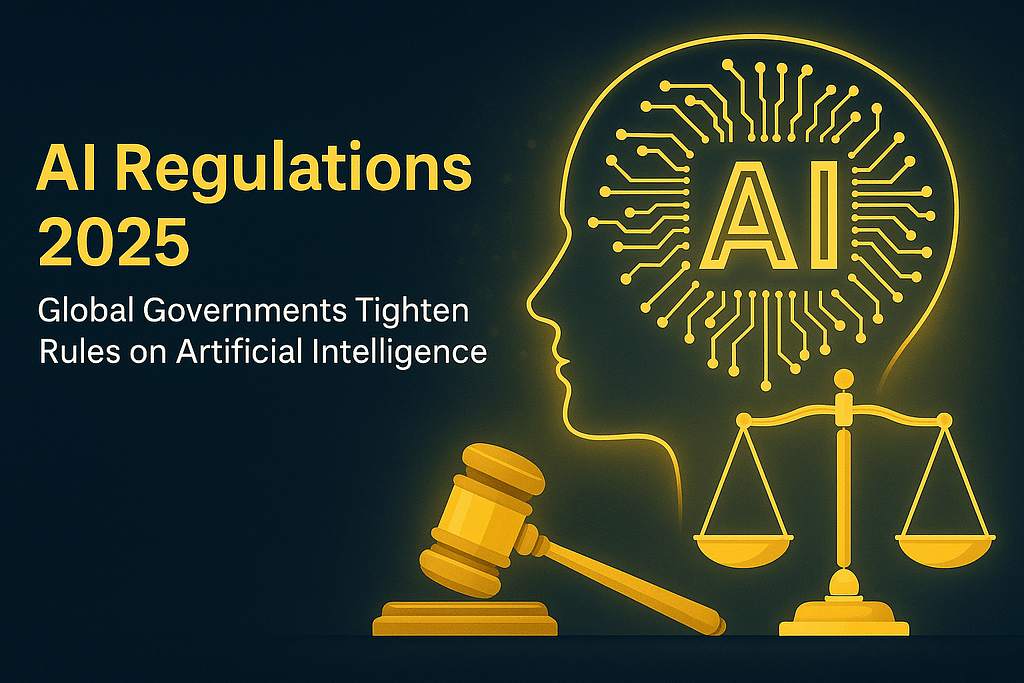As artificial intelligence rapidly advances, governments worldwide are facing increasing pressure to establish clear and enforceable rules. From the European Union’s AI Act to the United States’ proposed AI Accountability Bill, 2025 marks a turning point in how nations handle the ethical and societal impact of intelligent systems.
While the private sector continues to innovate at lightning speed, lawmakers are struggling to catch up — balancing innovation with public safety, privacy, and transparency.
Europe Leads the Way
The European Union remains at the forefront of AI regulation with its AI Act, now in its implementation phase. The law categorizes AI systems into risk levels — from minimal to unacceptable — and imposes strict requirements for transparency, data governance, and human oversight.
Companies developing “high-risk” AI models must undergo rigorous assessments before bringing products to market, marking one of the world’s most ambitious AI governance frameworks.
The United States and Asia Follow
In the United States, 2025 saw renewed political debate around AI ethics following the expansion of generative models in journalism, education, and healthcare. The AI Accountability Bill aims to prevent algorithmic bias and ensure companies disclose data sources used to train AI models. Meanwhile, China, Japan, and South Korea are crafting their own AI laws to boost innovation while protecting citizens’ privacy and intellectual property.
Corporate Responsibility and Ethical AI
Tech giants like OpenAI, Google, Meta, and Microsoft have publicly supported global AI standards — yet they also lobby against overly restrictive policies that could slow innovation.
The key challenge lies in defining what “ethical AI” truly means. Should it prioritize human jobs, or automation efficiency? Should governments limit AI in the military, or trust private companies to self-regulate?
These questions dominate global forums such as the World Economic Forum (WEF) and the UN AI Ethics Council.
The Future: Balance Between Control and Creativity
In the coming years, the balance between innovation and regulation will shape how societies coexist with AI. Too much restriction could stifle technological progress; too little could endanger privacy, democracy, and even human autonomy.
2025 might be remembered as the year humanity finally decided to draw ethical boundaries for machines.



